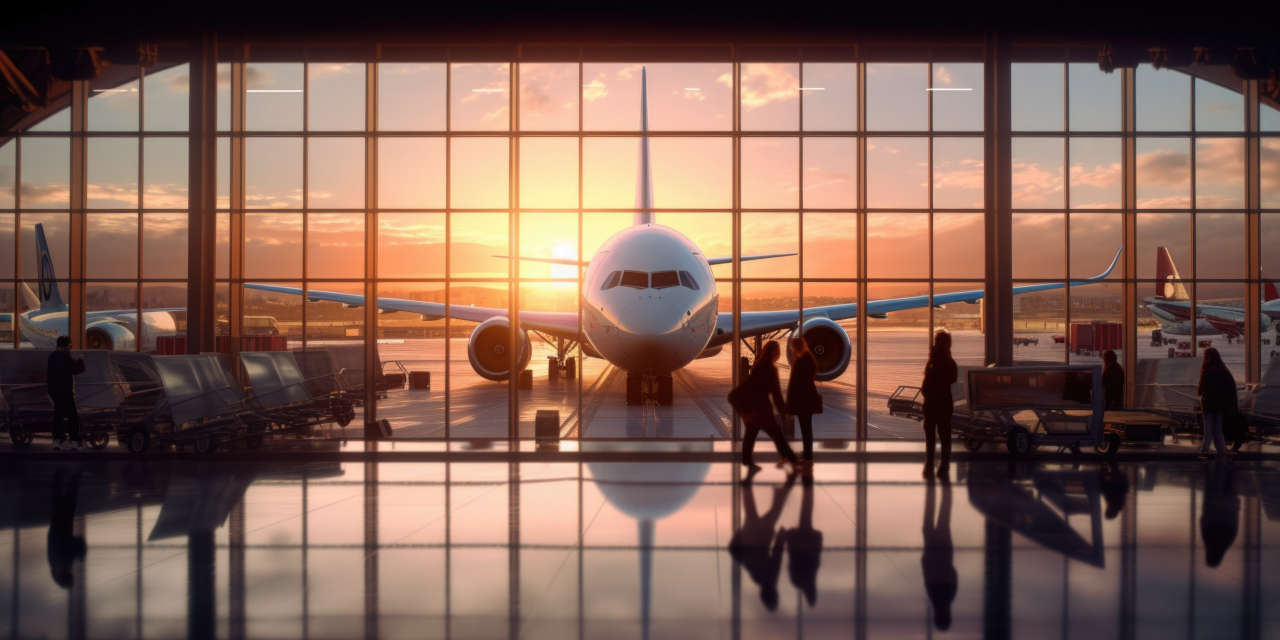By Steve Moran
I am going to confess that until a year or so ago, I was a huge Delta Air Lines fan. Lived in their top tier for several years. At some point, though, it all went wrong — before the CrowdStrike debacle. Their success let to massive profits, and the success and massive profits led to greed.
That greed turned into higher prices and fewer perks, even for top-tier fliers.
They forgot their customers and their teams in favor of even more money. They also forgot that disaster inevitably hits every organization.
A few weeks ago CrowdStrike, a cybersecurity company that serves a bunch of industries, including airlines, did a platform update that had a bug, causing huge headaches for thousands of companies. Hardest hit were the airlines, and of all the airlines, Delta fared worst.
While most airlines were more or less back up and running in a day or two, Delta’s problems lingered for at least a week. In fairness, Delta did not cause this problem but felt a double whammy because they were highly reliant on both CrowdStrike and Microsoft, which was also hit hard by the outage.
The Agreement
When an individual purchases a ticket from Delta, they are getting a promise from Delta to transport that person and their luggage from one place to another for a specified price at a specified time with a specific level of service.
That ticket has all sorts of terms and conditions attached to it, including protections for both the customer and the airline when things go wrong, like weather, crew scheduling mishaps, mechanical failures, and dozens of other things.
In addition, the government has a bunch of rules — mostly enacted because the airline industry has not been all that trustworthy and reliable when it comes to how they treat their customers.
This sounds a lot like senior living right?
At the end of the day, the customer has a relationship only with Delta, not with CrowdStrike, not with Microsoft. It is entirely the responsibility of Delta to make things right with the customer when things go wrong.
They simply failed.
They more or less took the position of, “Don’t blame us, we didn’t do it, it’s not our fault.” While they are technically right, it is the customers whose lives were badly impacted.
Delta’s Response
Delta’s response to this has been bafflingly bad. They started by saying in a very corporate way, “We are sorry. We will take care of you.” But their behavior did not match the promise. There are hundreds of stories of people …
- Being promised solutions and getting nothing
- Being hung up on and ignored
- Being given vouchers for food that did not come close to covering the real cost of airport food
- Being given bad information
- Being forced to jump through all kinds of hoops to solve the problem themselves
Worst of all, it appears that as things went from bad to worse, Delta leadership had only more bad news, and so they simply decided to stop communicating — sending one message: “We don’t care.”
What Delta leadership seemed to inoculate themselves from was that this disaster caused people to spend hundreds to thousands of dollars they simply didn’t have. Leadership seemed to miss that if the Delta executive staff needed to get from one part of the globe to another, they could jump on the phone, charter an executive jet for a few tens of thousands of dollars, charge it to the company, and no big deal.
They seemed to miss that they were causing people to miss graduations, summer camps, weddings, and funerals. Things that cost most families small fortunes.
They seemed to miss that even though they could legally avoid responsibility for lives being turned upside down, it was morally wrong.
Even today there seems to me more pandering than substance.
Senior Living
We make big, hairy, audacious promises to older people, their families, and team members. We have to be different than Delta. We have to do the right thing when things go wrong, even when they are not our fault, because we care about people.





